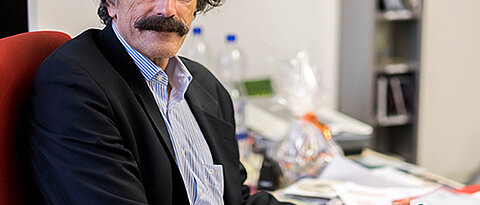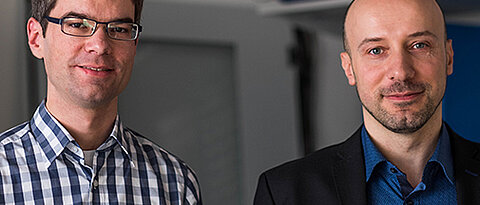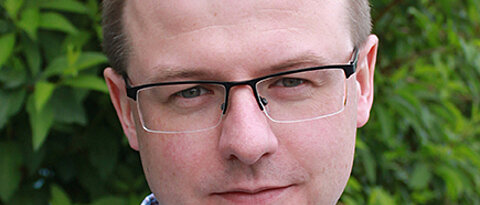New research institute for boron chemistry
04/18/2016
A planned research building hits the home stretch: The German Science Council has approved the construction of a new chemistry institute for the University of Würzburg to be built on the Hubland campus.
more

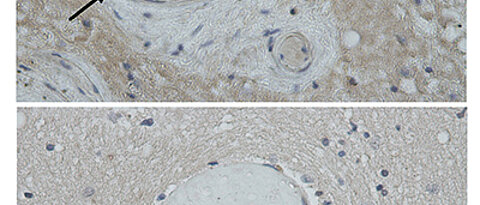
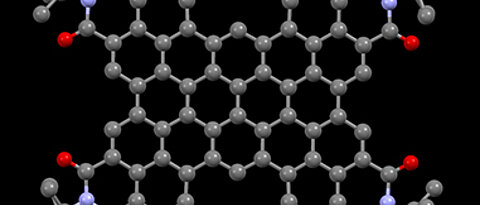

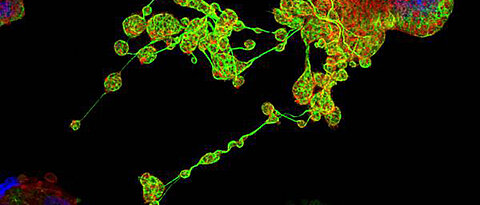
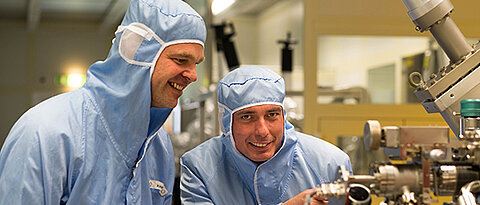
![[Translate to Englisch:] Gemeinsam für Inklusion und Barrierefreiheit: Professor Reinhard Lelgemann, Irmgard Badura, Uni-Präsident Alfred Forchel und Sandra Mölter (v.l.). Together for inclusion and accessibility: Professor Reinhard Lelgemann, Irmgard Badura, university president Alfred Forchel and Sandra Mölter (from left).](/fileadmin/_processed_/f/d/csm_0327IMG_1641_STARTSEITE_5cb1726c6a.jpg)

